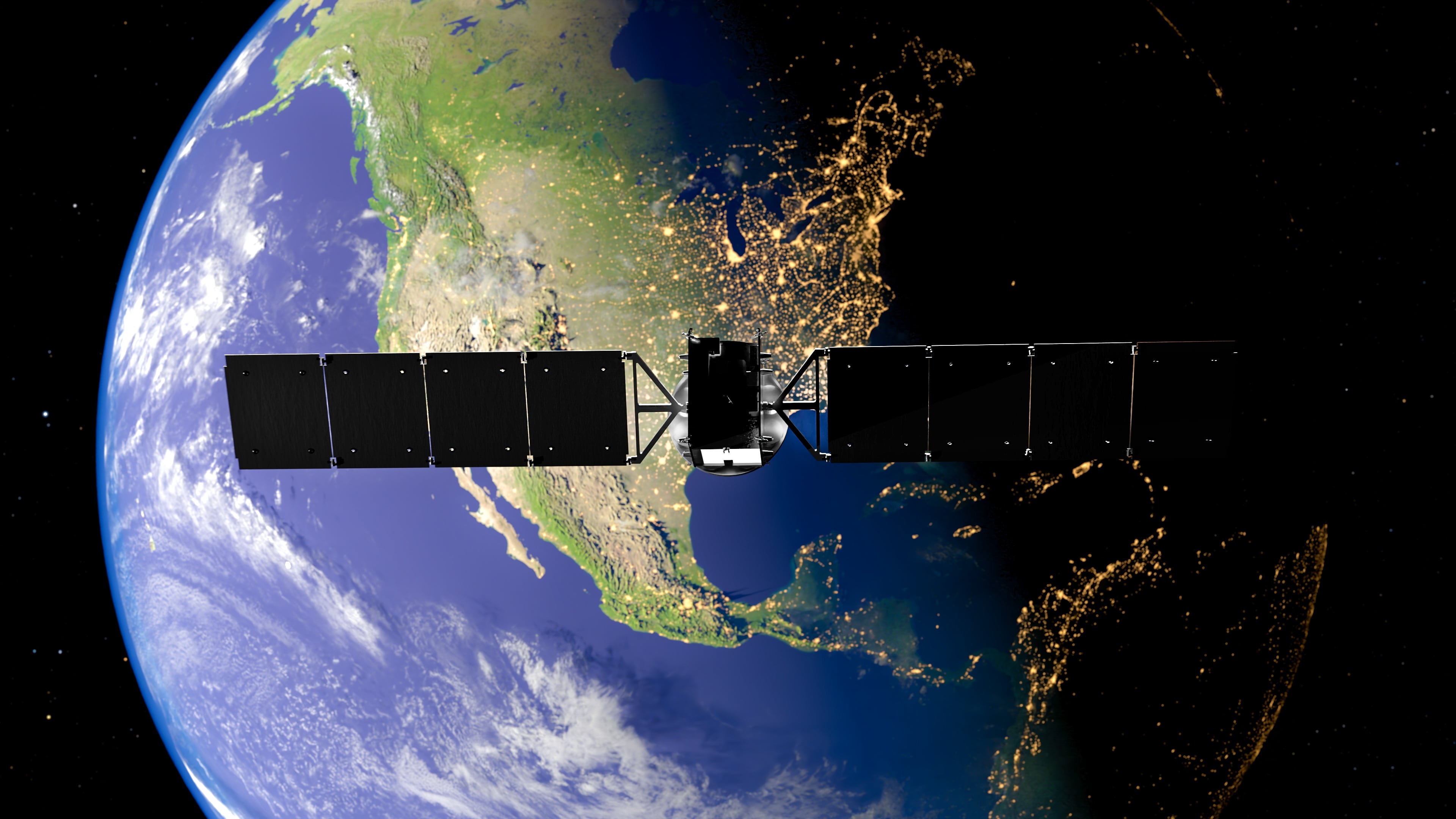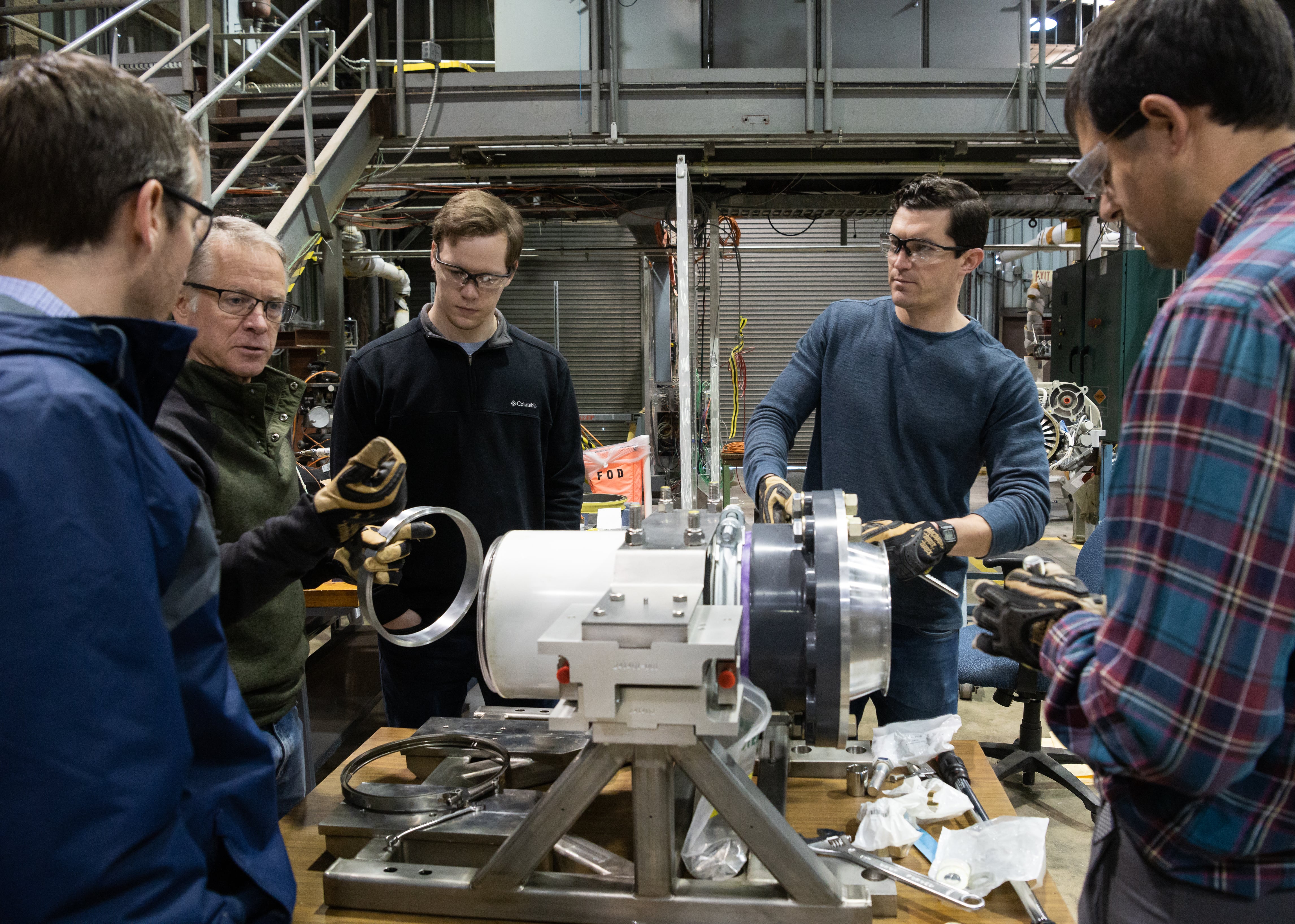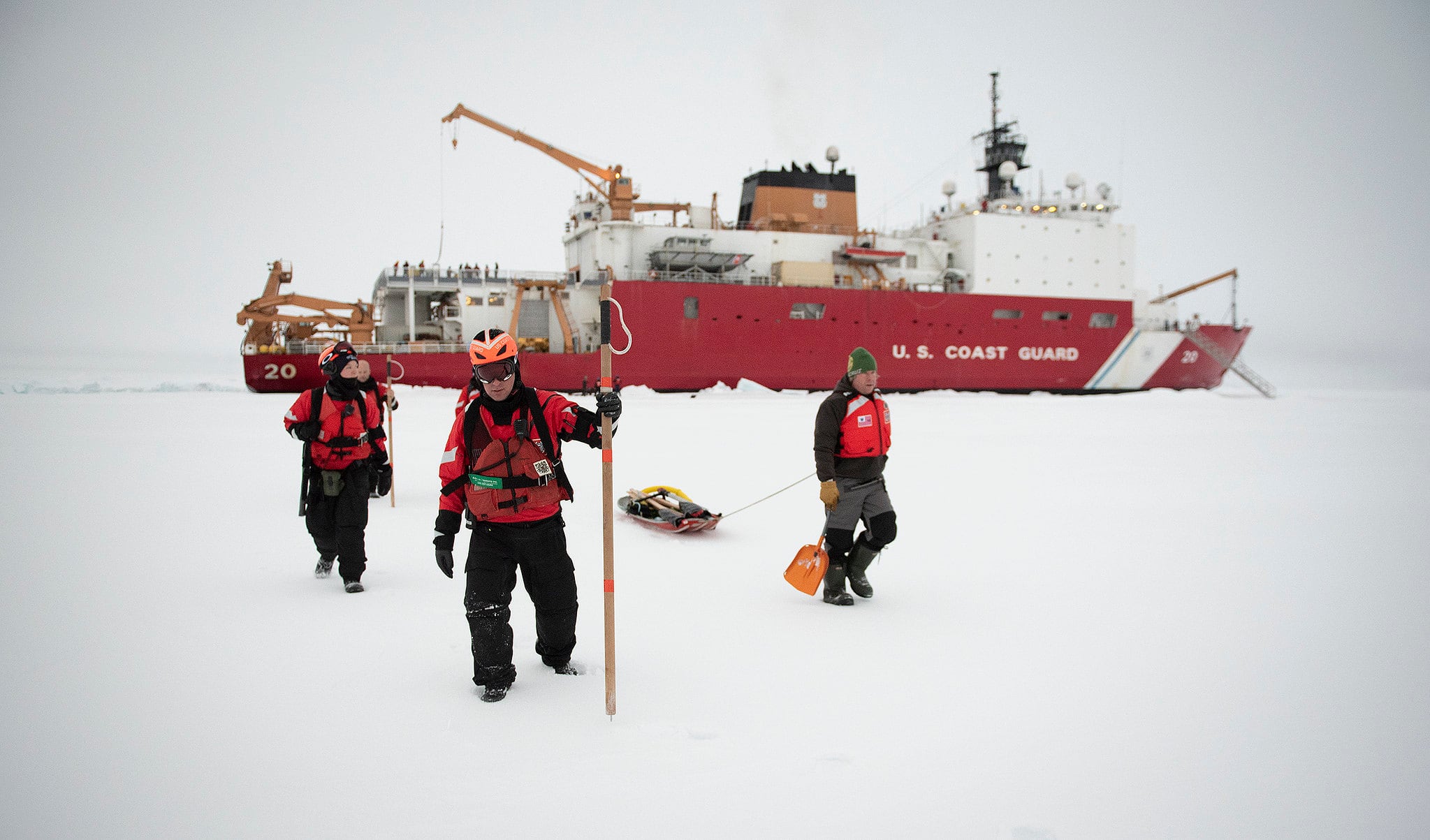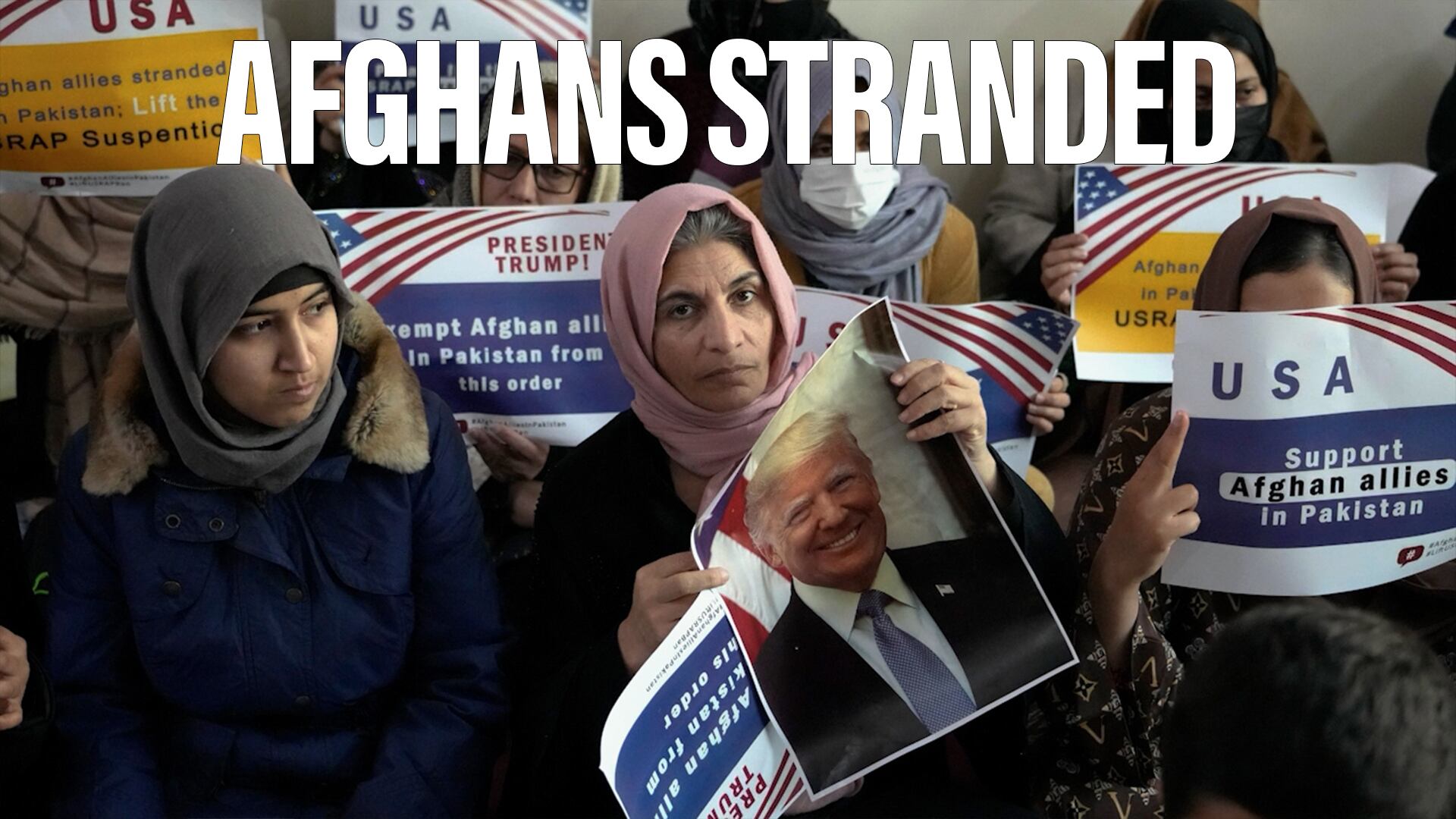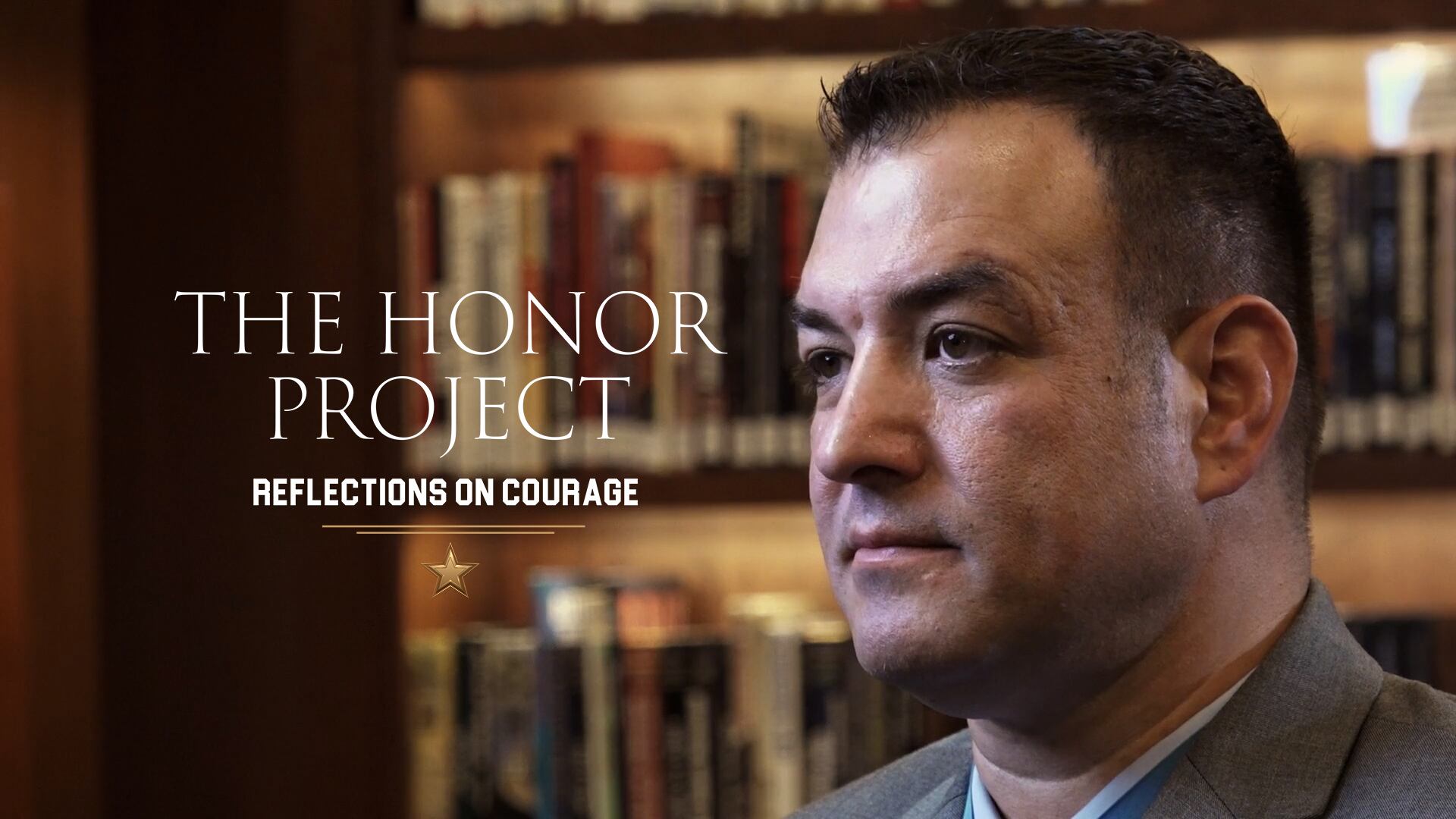LONDON — Britain is moving toward launching its own satellite navigation system in a response to moves by the European Union to freeze it out of the Galileo constellation over the country’s divorce from the EU.
The Conservative government in London announced Aug. 29 it was setting aside £92 million (U.S. $119 million) to undertake an 18-month study looking at the feasibility of designing and developing an alternative to the Galileo satellite system.
The move is the latest development in a growing row between Britain and the EU after Brexit negotiators in Brussels told their U.K. counterparts they would only be allowed standard, third-party access to Galileo and would not receive data from the system’s Public Regulated Service — an encrypted navigation service primarily designed for military users and resistant to jamming, interference and spoofing.
The Brexit squabble has also snared Britain’s fast-growing space industry, which has been excluded by the EU from bidding for further Galileo-related contracts.
Paul Everitt , the CEO of ADS, the lobby group representing the U.K. space and defense industries, said the space industry here has played a “key role in creating the Galileo program, from early pathfinder spacecraft more than a decade ago, to encryption and ground control operations.”
“The government’s new investment to develop a national satellite navigation system, to make sure valuable U.K. capability continues to be supported, irrespective of the outcome of Brexit negotiations, is very welcome,” Everitt said.
The British announcement comes just days after a European Space Agency rocket launched the last four of 26 Galileo satellites required to complete the €10 billion (U.S. $11.7 billion) satellite navigation network. Further spacecraft are scheduled to be launched as backups.
The row between London and Brussels could have wider implications for Britain’s security relations with the EU, according to analyst Sophia Besch with the Centre for European Reform.
As the disagreement over Galileo gathered momentum earlier this year, the think tank tweeted: “#Galileo could set a dangerous precedent for #Brexit #defence negotiations in the future — or it could serve as a wake-up call for EU and UK negotiators argues @SophiaBesch.”
Britain has invested about £1.4 billion in the Galileo system, and industry here has been a significant provider of technology in critical areas like encryption as Europe moved to obtain autonomy in navigation satellite systems alongside rival systems owned and operated by the U.S., Russia and China.
In a July 29 statement , the British government said it wants to remain part of the Galileo program but will go it alone if it can’t negotiate an acceptable agreement.
“Without the assurance that UK industry can collaborate on an equal basis now and in the future, and without access to the necessary security-related information to rely on Galileo for military functions such as missile guidance, the UK would be obliged to end its participation in the project,” the statement said.
Business secretary Greg Clark said Britain’s position on Galileo has been consistent and clear.
“We have repeatedly highlighted the specialist expertise we bring to the project and the risks in time delays and cost increases that the European Commission is taking by excluding U.K. industry," Clark said. “Britain has the skills, expertise and commitment to create our own sovereign satellite system, and I am determined that we take full advantage of the opportunities this brings.”
The UK Space Agency is leading the study-phase work supported by the Ministry of Defence.
Britain is due to lay out its wider plans for military space later this year when Defence Secretary Gavin Williamson is due to publish the long-delayed defense space strategy.
The British government announced at the Farnborough Air Show last month that it is investing in building a space port in Scotland to launch spacecraft.
Williamson, who is currently embroiled in a bitter fight with the Treasury and the Cabinet Office over the level of funding for Britain’s cash-strapped military, said in a statement that the sector is one of his personal priorities.
“The danger space poses as a new front for warfare is one of my personal priorities, and it is absolutely right that we waste no time in going it alone if we need an independent satellite system to combat those emerging threats,” he said.
The cash for the satellite navigation study hasn’t come from the MoD, but it has been allocated from the £3 billion Brexit readiness fund announced last year by the government.
Andrew Chuter is the United Kingdom correspondent for Defense News.

